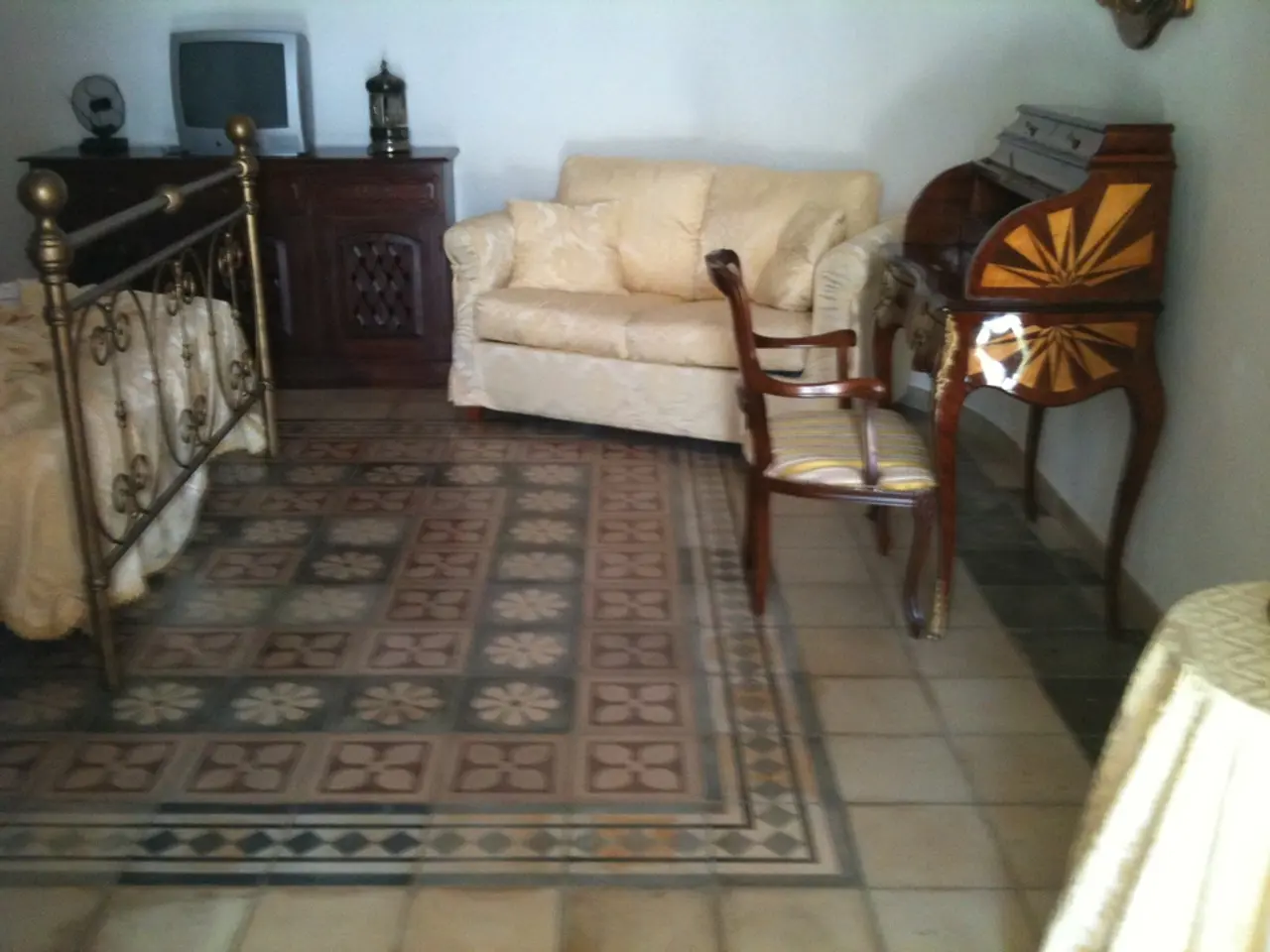Redesigning Environments with AI Technology
Artificial Intelligence (AI) is transforming the world of interior design, offering unprecedented access to inspiration, planning resources, and visualization capabilities. This technological advancement is making the design process more efficient, accessible, and engaging for both professionals and clients.
One of the key benefits of AI is automated design suggestions. AI tools can instantly generate design concepts based on user preferences, such as style, colour palette, and furniture arrangements. For instance, Foyr Neo uses AI to create studio-quality visuals of interior designs, allowing users to swap furniture or decor and automatically adjust the room to maintain balance and theme. Professionals use it for client presentations, renovations, and staging, providing a realistic and interactive design experience.
Another significant advantage is visualization and simulation. AI allows users to visualize their design ideas in real-time, enabling them to see how changes will look before they are implemented. Decorify Pro, for example, analyses a room's photo and suggests enhancements ranging from colour tweaks to new themes. It overlays decor styles onto real-life images for a tangible preview, enhancing client presentations by providing a realistic view of potential design changes, reducing decision-making anxiety.
Time efficiency is another area where AI is making a significant impact. By automating routine tasks, AI frees up time for designers to focus on creative and strategic aspects of design. Home AI, for example, generates interior design concepts based on a room's photo and user-chosen style, offering an extensive library of styles to mix and match. Professionals use Home AI as a personal assistant for redesigning spaces, providing instant and detailed design alternatives.
The future of interior design will likely involve the continued collaboration between human creativity and artificial intelligence, creating spaces that are both beautiful and deeply personal. AI tools can help homeowners visualize expensive renovations before committing to them, potentially saving thousands of dollars in design mistakes. Incorporating AI into interior design offers numerous benefits, including increased speed, cost-effectiveness, and democratizing good design.
Virtual staging in real estate has become common, using AI to furnish empty properties with decor that appeals to potential buyers, demonstrating AI's ability to understand market psychology and buyer preferences. The market for AI interior design tools has experienced significant growth, with platforms like Roomvo and Modsy becoming popular. Arlington Avenue Interiors is an example of a design blog that embraces AI technology, using it to generate sophisticated, cohesive interior concepts.
AI may eventually predict how design choices will affect mood, productivity, or well-being based on psychological research and biometric data. Modsy creates 3D renderings of rooms based on photographs, enabling users to experiment with various furniture arrangements and decor options. AI is proving invaluable for space planning, suggesting optimal furniture arrangements based on factors like natural light, traffic flow, and functional requirements.
In conclusion, AI is revolutionizing the interior design industry by streamlining the design process, enhancing creativity, and improving client satisfaction. As AI technology continues to evolve, we can expect to see even more innovative uses and applications in the world of interior design.
AI tools, like Foyr Neo and Decorify Pro, offer automated design suggestions based on user preferences, making the design process more efficient and interactive for both professionals and clients. These tools also provide real-time visualization and simulation capabilities, enabling users to see how changes will look before implementation and reduce decision-making anxiety. AI's potential to predict how design choices will affect mood, productivity, or well-being based on psychological research and biometric data is a promising future development in the home-and-garden lifestyle sector. The increased speed, cost-effectiveness, and democratizing of good design offered by AI interior design tools is reshaping the interior-design industry and redefining home-and-garden lifestyle expectations.






